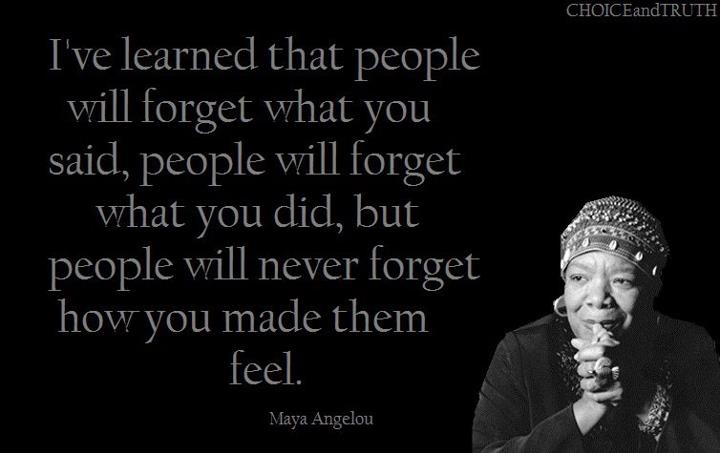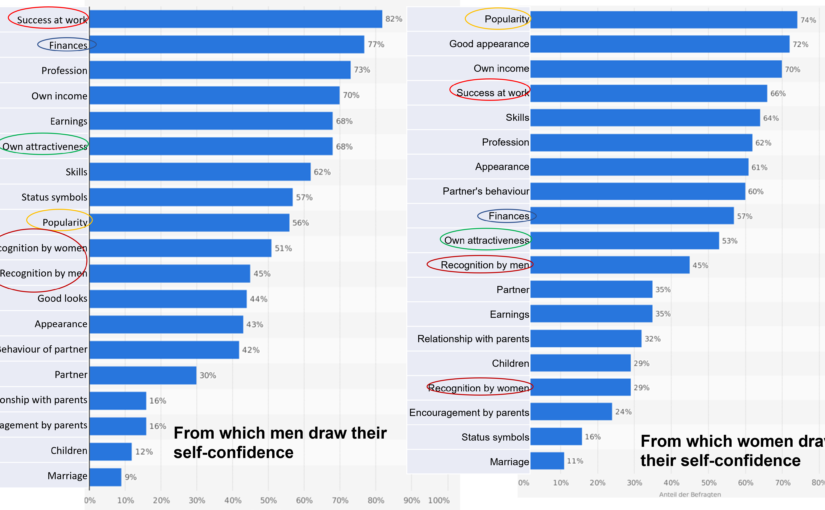Employees are familiar with the construct of feedback, developed with good intentions, but not always used with them.
Some of you may have experienced feedback being misused to express opinions, assumptions and prejudices about the feedback recipient. The feedback giver tends to project their own behaviour, or the behaviour they are forbidden, unwilling or unable to see, onto the feedback recipient. Even if the feedback is given with good intentions on the part of the feedback giver, the issue is that we are talking about the past. This in turn reinforces the image that the subconscious mind has created of the feedback giver towards the feedback receiver. Which leads to a „vicious circle“ as the feedback giver wants to have his perception confirmed and only perceives the nuances of the feedback receiver that fit the perception of the feedback giver and wants to perceive.
One hurdle is that, I suppose, none of us has a time machine, to change the past. The other hurdle is that sometimes feedback comes as a real surprise to the feedback receiver, who has already forgotten the situation or behaviour to which the feedback giver is referring. Memories are never identical or logical. This leads to the uncomfortable and sometimes helpless feeling when we have to go to a feedback meeting. Perhaps there is a satisfaction in the feedback giver telling a person ‚the truth‘, forgetting that this is only the individual perception. As each of us constructs our own truth/reality based on the experiences we have had.
To be more effective, efficient and sustainable, and to create team power, we need to reflect on our behaviour and attitudes before we follow up with actions or conversations. This is why Marshall Goldsmith’s ‚feedforward‚ approach is so powerful in making a real difference. In this setting, feedforward givers and takers focus on the future and suggest strategies for a better future, without focusing on the past, which only serves to consolidate.
The following brings the difference between feedforward and feedback to the point:
Feedforward helps to understand before the activity what is expected, how one should behave and interact. Through such reflection it is clear what is required of each individual in order to achieve the goal and a change in behavior is possible as it comes from oneself.
Feedback provides insight into how the external view on a person is, regarding the interaction and behaviour towards others. This creates awareness, but often comes too late or can come from a person whom the feedback recipient does not trust. In addition, an imbalance can arise, since mostly only the perception of the feedback provider is heard.
Feedforward entails three key elements:
- Both must adopt a benevolent inner attitude and mindset: The attitude is like an inner voice. If we take the view that our opinion is the only right one and must be followed, then feedforward will not work. However, if we are open to the opinions of others in order to achieve a common goal together, then feedforward is an effective method. Feedforward ensures that all ideas are heard and that the goal is pursued with passion by all, because both parties feel accepted and valued.
- Focus on the solution rather than the problem: To support this thinking, it would be helpful to eliminate the question word „why“ as it leads back to the past and not to the future. Instead, it would be better to use the question word „what“ to find a future solution. This is proven by Tasha Eurich in her studies on self-awareness. In combination with Prof. Dr. Otto Scharmer’s Theory U of intensive listening and imagining the future together (Presensing), leads to open up the mind and uncover opportunities for a better future.
- Developing specific solutions together: This is a resource-oriented method and looks at existing competencies and how they can be supported.
Idea for feedforward, when you feel safe:
- Describe your goal clearly and simply
- Ask for two suggestions and support creative ideas
- Listen carefully and write down the suggestions
- Just thank you without apology or defensiveness
- Roles are swapped regardless of hierarchy
- In larger groups, a new conversation partner is sought and the procedure is repeated
#feedback #feedforward #mindset #TheoryU #Selfawareness #unconciousness #psychologicalsafe #success




